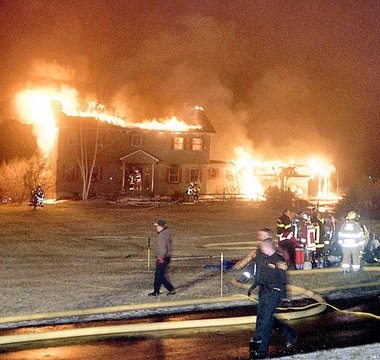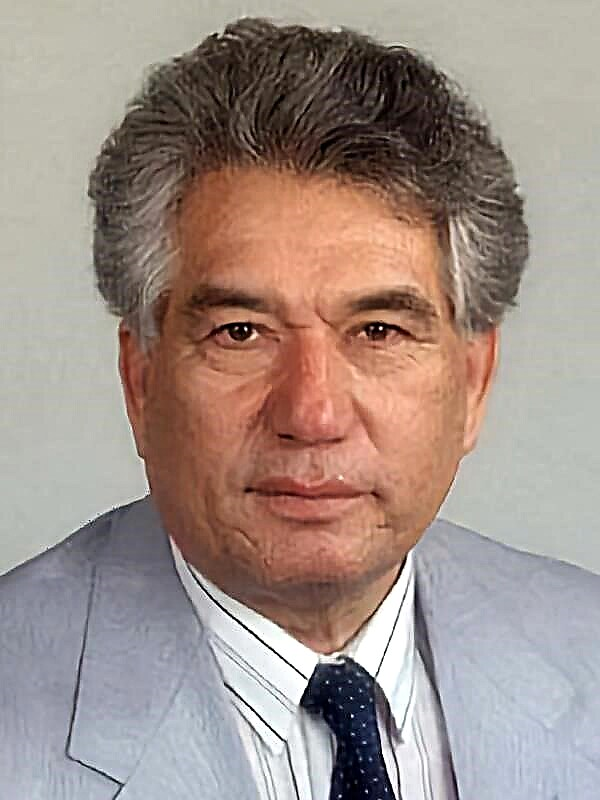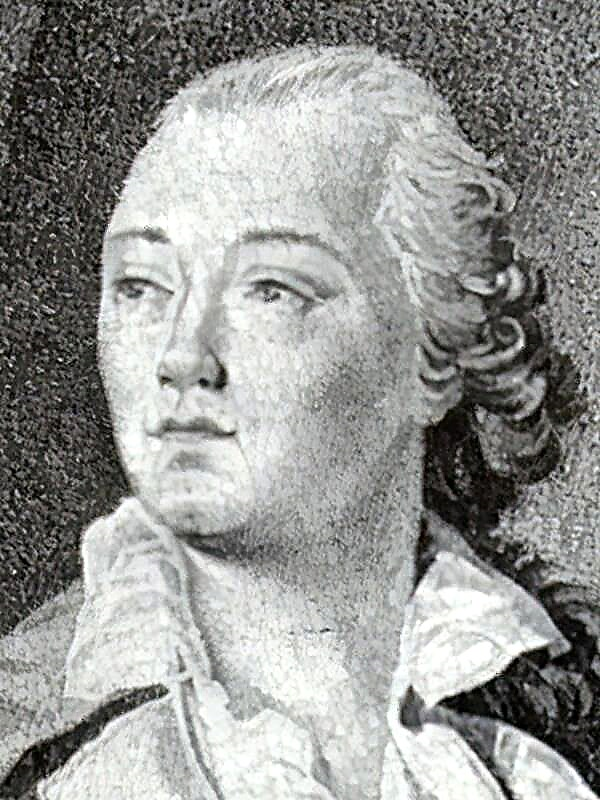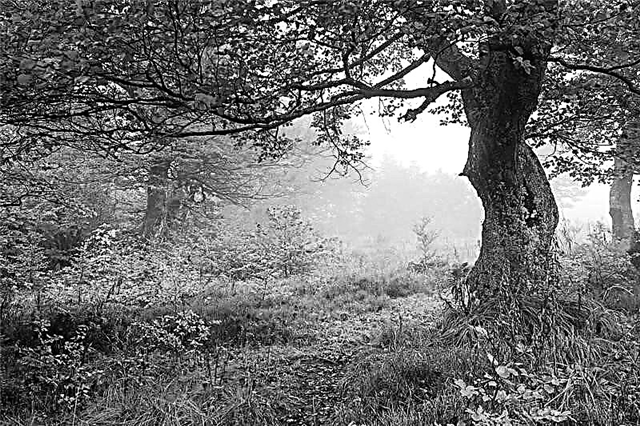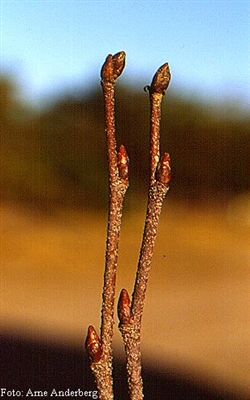Summer 1914. A beautiful young landowner Evelina Royskaya lives in her Ukrainian estate Molintsy. She has two sons: Józek of seventeen, a sweet, serious boy, and the unbridled Valerek of fourteen. Her husband studied agriculture in English agronomic magazines and tried to instill English farming methods in the Ukrainian estate. Evelina’s own sister, Misha, also lives on the estate. Already elderly, she married some dubious doctor. After the birth of her daughter Olya, her husband abandoned her, and she settled in Molintsy as a rooter. Olya is an energetic adult girl out of years. Among the inhabitants of the estate, Yuzek’s educator, Kazimierz Spyhala, the son of a railway worker. He studied in Heidelberg, was like-minded Pilsudski on the Polish Socialist Party. Together with Yuzek, whom he is trying to instill his views, he is visiting Odessa with his long-time friend Evelina Royskaya, Paulina Schiller. Paulina's husband is the director of the sugar factory. They have two children: daughter Elzbieta, a famous singer, and son Edgar. He composes music, and his works are appreciated by music lovers from Ukraine, Poland, and Germany. The Schiller House has a spirit of service to art.
Evelina Royskaya, visiting her son in Odessa, decides to send her niece Olya to visit Schiller, She knows about the mutual sympathy of Olya and Kazimierz. Eighteen-year-old Yanush Myshinsky, son of Roysky’s closest neighbor, accompanies Olya to Odessa. The young man has just graduated from a gymnasium in Zhytomyr and is about to enter Kiev University.
Upon arrival in Odessa, Janusz and Olya meet with Uzek's friends - Ariadna and Volodya Tarlo, children of the Odessa police chief. Janusz at first sight falls in love with the spectacular Ariadne, who recites Blok's verses in a chant. Ariadne herself is fascinated by the brilliant officer Valerian Nevolin.
Until now, Janusz has been very lonely. The mother died, and the father gave all his love and fortune to the elder sister of Janusz, Princess Bilinsky, a beautiful secular lady. The count himself lives with Janusz in the neglected name-calling Mankovka. Janusz is not friends with Yuzek; he loves Valerek, simple and kind, but extravagant. Acquaintance with Edgar, a brilliantly erudite person, passionate about art, opens up a whole new world for Janusz.
The Schiller House is full of romances: Yuzek is passionate about Elzbieta, Janusz, in love, wanders around the house, Olya and Kazimierz love each other. But mobilization has been announced. Kazimierz, as an Austrian citizen, must urgently leave. He speaks with Olya, and she promises to wait for him. Kazimierz swears that he will not deceive the girl. Thus ends a peaceful life.
By the fall of 1917, Kazimierz was in Kiev, but could not stay there, as he was engaged in clandestine work. He goes to the Roysk estate to hide and heal. Over the years, Yuzek visited the front, Valerek served in the army in Odessa. The estate turns out to be an unreliable refuge: peasants are going to go to smash it. Kazimierz hurries to the Myshinsky neighbors to warn them of a peasant revolt. The old Count Myshinsky is paralyzed, the sister Janusha Princess Bilinskaya and her baby son are visiting the estate: her estate was burned, her husband was killed. She barely escaped by taking family jewels with her. Kazimierz decides to stay with the Myshinsky to help them leave, and Roysky leave the estate without him. The young man remains with the Myshinsky not only out of compassion: he falls in love with Marysya Bilinskaya at first sight. In the morning, the peasants are about to set fire to the estate, but the Myshinsky is saved by Volodya Tarlo, who accidentally finds himself among the rebellious peasants. Back in 1914, he became interested in revolutionary ideas and gradually became a professional revolutionary.
The Myshinsky and Kazimierz run to Odessa. The old count dies on the way, and Marysya with her brother and Kazimierz get there.
Janusz stops at the Schiller. Later Roysky arrived in Odessa, also to the Schiller. Józek breaks into the army, Edgar is all absorbed in music and art, Janusz is captured by difficult emotions because of his love for Ariadne, and she helps her revolutionary brother.
Olya is deeply offended by the treason of Kazimierz. The fat owner of the confectionery Frantisek Golombek falls in love with her. On the advice of her mother and aunt, Olya marries him.
Elzbieta Schiller, who until recently sang at the Mariinsky Theater, also made her way to Odessa. On the way, she meets the banker Rubinstein, who also goes to Odessa. Elzbieta wants to leave for Constantinople, and from there get to London: she dreams of singing in Covent Garden. In addition, Rubinstein has money in London. Ariadne leaves with Elzbieta and Rubinstein. They call Janusz with them, but he remains. Józek loves Elжbieta and is worried about her departure. Upon learning that the Third Polish Corps is being formed near Vinnitsa, Yuzek enters it. Volodya calls on Janusz to help the Russian revolution, but he believes that Poland has its own tasks, and together with Yusek goes to serve in the Third Polish Corps. In one of the very first battles, Józek was killed.
Bilinskaya is moving to Warsaw. Golombek and his wife and Royskaya are going there too: she has the Empty Lonki estate near Warsaw.
It takes two or three years. Janusz also ends up in Warsaw, where his sister, Princess Bilinskaya, lives. He enters the Faculty of Law, but is more interested in thinking about the meaning of life than practical activity. To provide him, his sister buys him a small estate of Komorows near Warsaw. Kazimierz Heard makes a career in the Ministry of Foreign Affairs. He still loves Maria Bilinskaya, but cannot marry her: Maria lives with her mother-in-law, the old Princess Bilinskaya, and she resolutely opposes such a mesalliance.
Golombeks thrive, but it does not bring happiness to Olya - she does not love her husband, indulges in dreams of Spykhal and cites muses in her free time. One after another, children are born to her: the sons of Anthony and Andrzej, the daughter of Helena.
Edgar is also moving to Warsaw. He, as before, writes music, teaches at the conservatory. His personal life does not work out: even from Odessa he likes Maria Bilinskaya, but it seems to him inaccessible. He loves her from afar. The only person close to him, Elzbiet’s sister, is far away on a tour in America, where she performs with constant success.
Leaving the law faculty, Janusz drops out of school and goes back to the army. He fights on the Soviet-Polish front, then graduates from the Higher Economic School, but still does not find a place in life. Edgar calls him an eternal student. He continues to love Ariadne, but knows almost nothing about her new life. He knows that Ariadne is in Paris: she draws sketches of fashionable dresses, achieved recognition and money. After a long training camp, Janusz goes to Paris to see her.
Ariadne leads a bohemian life, she became a completely different person and in no way reminds Janusz the girl with whom he had been in love for so long. Ariadne is unhappy: Officer Valerian Nevolin, with whom she fled from Odessa and whom she loved, married another, and Ariadne wants to leave for the monastery. In Paris, Janusz encounters yet another Odessa acquaintance - Ganei Volsky. This is the daughter of a janitor in the Schiller house, who took singing lessons from Elzbieta. Over the years, Tanya became a famous cabaret singer, she was married several times. Janusz meets her as the wife of an American millionaire. She comes to Paris to perform at some opera house. The success of Elzbieta does not give her rest. But Ganin's voice does not pull on the opera. To be able to perform, she buys her own theater.
In Paris, Janusz accidentally encounters Janek Vévyursky, the son of Stanislav, an old footman in the house of Princess Bilinskaya. Janek is a communist who came to Paris after the suppression of a miners' uprising in Silesia. Janek talks in detail about his life, and Janusz is imbued with sympathy for his ideals; he begins to understand that people need to live.
The old Princess Bilinskaya dies. But Maria still cannot marry Kazimierz Spykhalu: the will is made so that when she marries, Mary loses custody of her minor son. She cannot allow this, since she does not have her own state.
In the next few years, Janusz leads a modest rentier's life. One day, Zosia Zgozhelskaya, the daughter of the former owner of the estate, comes to him. Her father died a few years ago, the money depreciated, and she can do nothing, only manage the household. In order not to starve to death, Zosya asks to take her to the estate as a housekeeper. But Janusz has nothing to offer her, and she leaves with nothing.
Yanek Vevyursky returns from Paris to Warsaw and enters the factory. Thanks to his dexterity, he quickly becomes a master, but the owners of the plant Gube and Zloty do not approve of his communist views; he was soon arrested for revolutionary activity and sentenced to eight years in prison.
Having lived in Komorow, Janusz leaves for Heidelberg, where he is called by Ganya Volskaya in memory of the mutual sympathy that broke out between them in Paris. In Heidelberg, Janusz understands that Ganei’s hobby is a mistake, and leaves for Krakow, where he searches for Zosia Zgorzhelskaya and marries her. But Zosia dies of childbirth, and after seven months from a heart defect, a little daughter dies. Janusz is experiencing these deaths. He is obsessed with an obsessive desire to travel to those places where he was happy, and he goes to Krakow, to Odessa. As a result of these wanderings, Janusz understands that there is no return to the past and that we need to live on.
Janusz’s sister, Maria Bilinskaya, went to Spain in 1936 to settle inheritance affairs with her sister-in-law, and asked Janusz to accompany her. Janusz brings with him a letter from the Polish Communists to the Spanish comrades. Having transmitted the letter, he remains in Spain as a correspondent.
A close friend of Janusz, Edgar, is in Rome in the spring of 1937, where he came to treat throat tuberculosis. He has almost no money, his works are not performed, you have to earn a living by teaching at a music school. In the park, Edgar accidentally meets Janusz and Ariadne. All these years, Ariadne lived in Rome, in a monastery, and now decided to leave him. Janusz is ready to help her, but Ariadne’s life ends under the wheels of a car. In the spring of 1938, Edgar dies.
A new generation is growing up: Alec, the son of Maria Bilinskaya, Anthony and Andrzej, the sons of Oli Golombek, their friends Hubert Gube, Bronek Zloty. Their life is just beginning, but World War II comes to Poland. Maria Bilinskaya takes Alec and leaves Poland. Kazimierz Heard falls into the Empty Lonki, the estate of his former mistress Evelina Royskaya. Olya comes here with Andrzej and bleached. Her oldest son is Anthony in the army. They lost Frantisek during the flight from Warsaw.
The war does not bypass the estate of Janusz. After the battle that broke out near Komorov, the wounded are brought to the estate - this is the dying Janek Vevyursky. During the German advance on Warsaw, he and his comrades escaped from prison and organized a small detachment from the retreating soldiers in order to resist the Nazis. He is dying in front of Janusz.
By the autumn of 1942, life in occupied Warsaw was somehow getting better. Olya, Kazimierz Heard, Andrzej and Helena live in Bilinskaya’s house. Andrzej is jealous of her mother for Spykhala, accusing her of the disappearance of her father. The oldest son, Oli Antek, teaches in a partisan detachment. Andrzej goes to visit him. On the way, he meets his uncle Vladik Golombek, a staunch Marxist sent to Poland to work underground. All night they talk about Marxism.
Arriving at his brother, Andrzej finds himself in a house where partisans discuss their affairs. Suddenly, Valery Roysky arrives, who from the very beginning of the war has been cooperating with the Germans. The partisans decide to kill Roysky. Andrzej volunteers to execute the sentence. While he is sitting in an ambush, waiting for Roysky, the Germans who suddenly arrived, kill everyone who was in the house.
In Warsaw, Andrzej hides Lilek, a friend of the deceased Janek, a communist working in an underground printing house. His sister Helena is in love with Bronek Zloty, who lives with her parents in the ghetto. During the uprising in the ghetto, Bronek dies. The Germans organize a raid on the printing house, and Lilek dies. Their friend Hubert Gube gathers a detachment of scouts to prepare for an uprising against the invaders.
Helena becomes connected between partisans and Warsaw underground. In order to conspire, she comes to Yanush in Komorov. Her arrival has a beneficial effect on the mood of Janusz. And the meeting with the partisans, whom he helped to communicate with the English pilots, awakens him to a new life. From the partisans, Janusz returns with the feeling that he used to sleep, but now he has woken up. Now another life begins. He perceives Helena as a symbol of this life. Janusz recalls his long-standing meeting with Volodya, the brother of Ariadne, during which he gave him Lenin's pamphlet. Then Janusz did not read it, and now it seems to him the most important thing in the world to read this brochure. He rushes to the house where the Germans are waiting for him. Yadvig’s housekeeper is trying to stop him, but Janusz is dying from a fascist bullet.
On August 1, 1944, an uprising begins in Warsaw. In the very first days, Andrzej and his sister Helena die; Hubert is injured.
After the war, Olya learns that her husband Frantisek Golombek is alive and is in Rio de Janeiro. In a letter, she informs him of the deaths of all children. Failing such grief, Frantisek commits suicide.
Kazimierz Spyhula after the war leaves for England. And Alec Bilinsky, Janusz’s nephew, returns to Warsaw to begin to build a new Poland.

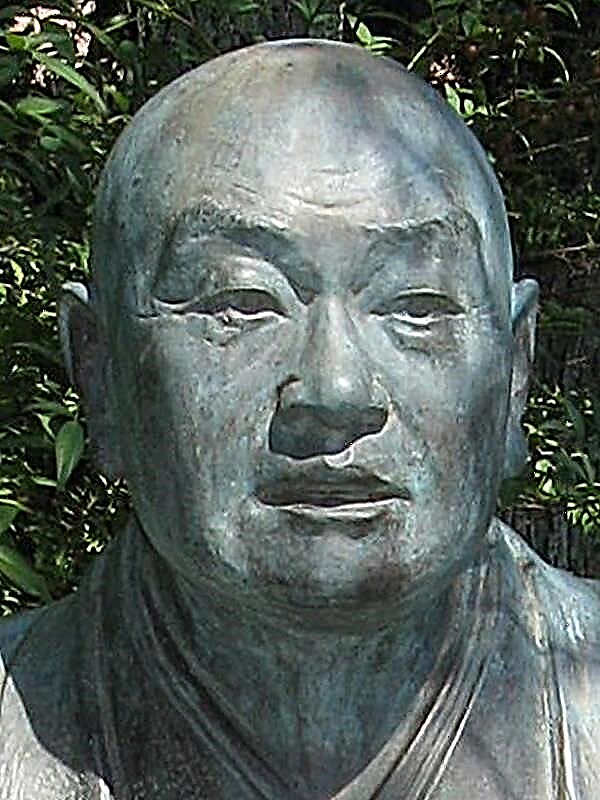

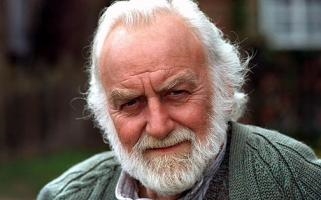
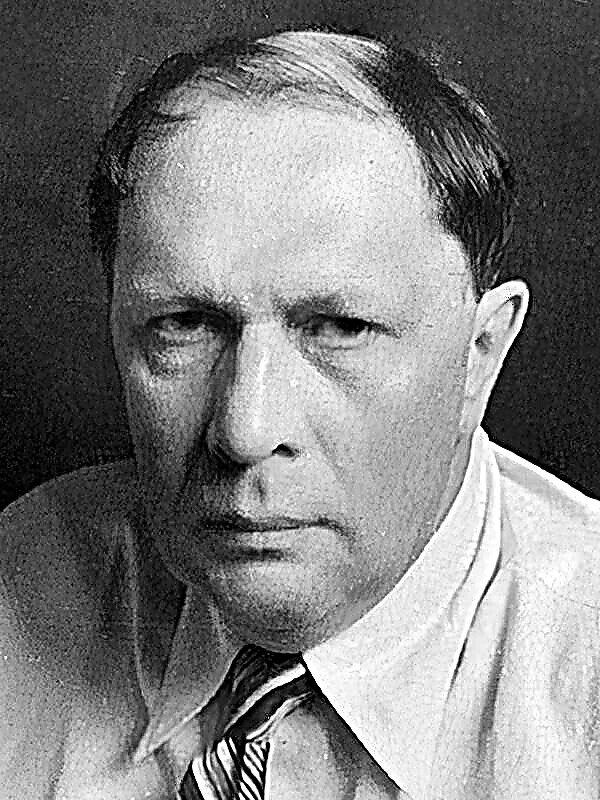 Golden Key
Golden Key